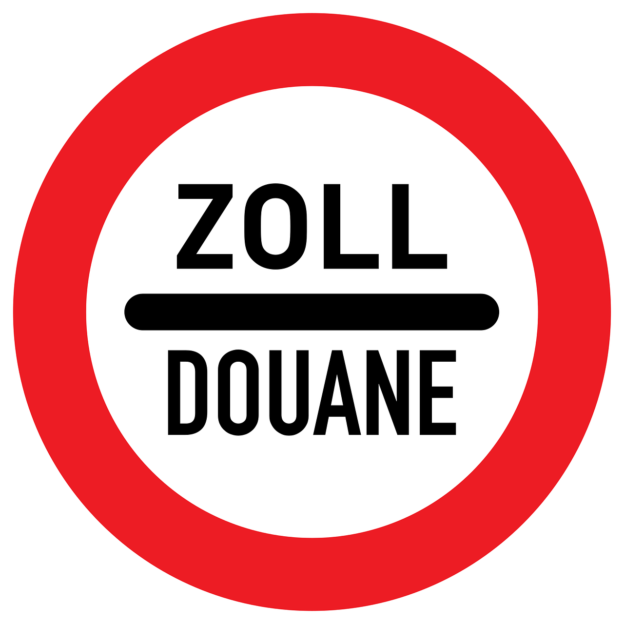A press release dated 5 March 2021 officially announced the suspension, at least temporary, of retaliatory tariffs on exports imposed in the dispute opposing the United States and the European Union (hereinafter « EU ») on trade in large civil aircraft.
- Background of the dispute between the EU and the United States about the subsidies granted to Airbus and Boeing
The dispute between the EU and the United States on this issue started more than 15 years ago. While the two parties signed an agreement in 1992 on subsidies for large civil aircraft, providing a framework for the subsidies granted to the two companies, the CEO of Boeing, in 2004, accused Airbus of having received unfair subsidies. The United States Trade Representative at that time, Robert ZOELLICK, publicly and officially supported these accusations. President BUSH threatened to refer the matter to the WTO.
The European Commission, on the contrary, supported the subsidies granted to Airbus and required a reduction of U.S. subsidies granted to Boeing in order to agree to reduce the subsidies granted to Airbus. Facing the American threat to refer the matter to the WTO, the European Commission brought a complaint before the Dispute Settlement Body at the end of 2004.
In parallel with the negotiation attempts, the WTO issued its final report in July 2010 and required every subsidy qualified as prohibited to be withdrawn from Airbus. In 2012, the WTO found that Boeing had also received several billion dollars in illegal subsidies and required the United States to comply with the applicable rules.
In a report dated 2016 and upheld by the Appellate Body in 2018, the WTO found that the EU had not complied with its previous rulings and even granted new prohibited subsidies to Airbus.
In 2019, the WTO Appellate Body also confirmed that the United States had not comply with the rules on subsidies.
In October 2019, the WTO authorized the United States to take countermeasures against European exports worth up to $7.5 billion of dollars. The U.S. tariffs were imposed on 18 October 2019. These additional duties of 25% significantly affect the European agricultural and industrial imports. In particular, French wines are concerned.
Finally, in October 2020, the WTO authorized the EU to take similar countermeasures on $4 billion of U.S. exports. In light of failed negotiations, the Regulation 2020/1646 was adopted on 7 November 2020 and imposed additional duties ranging from 15% for aircraft and other air vehicles with an empty weight exceeding 15, 000 kg to 25% for various U.S. products. This includes agricultural and agro alimentary products (sugar, cacao, etc.), tobacco, certain leather goods, toys, the automotive sector, etc. The complete list is annexed to the regulation.
- Towards the end of this trade dispute?
On March 5, the United States and the EU announced the suspension of retaliatory tariffs previously imposed. This suspension remains, however, limited to a four-month period.
Nevertheless, its establishment aims at giving space to come to “a comprehensive and long-lasting negotiated solution”. The Executive Vice-President of the European Commission and Trade Commissioner, Valdis DOMBROVSKIS, stressed the importance of recreating a calm and serene trade framework: “This in a significant step forward. It marks a reset in our relationship with our biggest and economically most important partner. A positive EU-U.S. trade relationship is important not only to the two sides but to global trade at large.”
***
DS Avocats International Trade and Customs team is at your disposal to provide you with any additional information.

